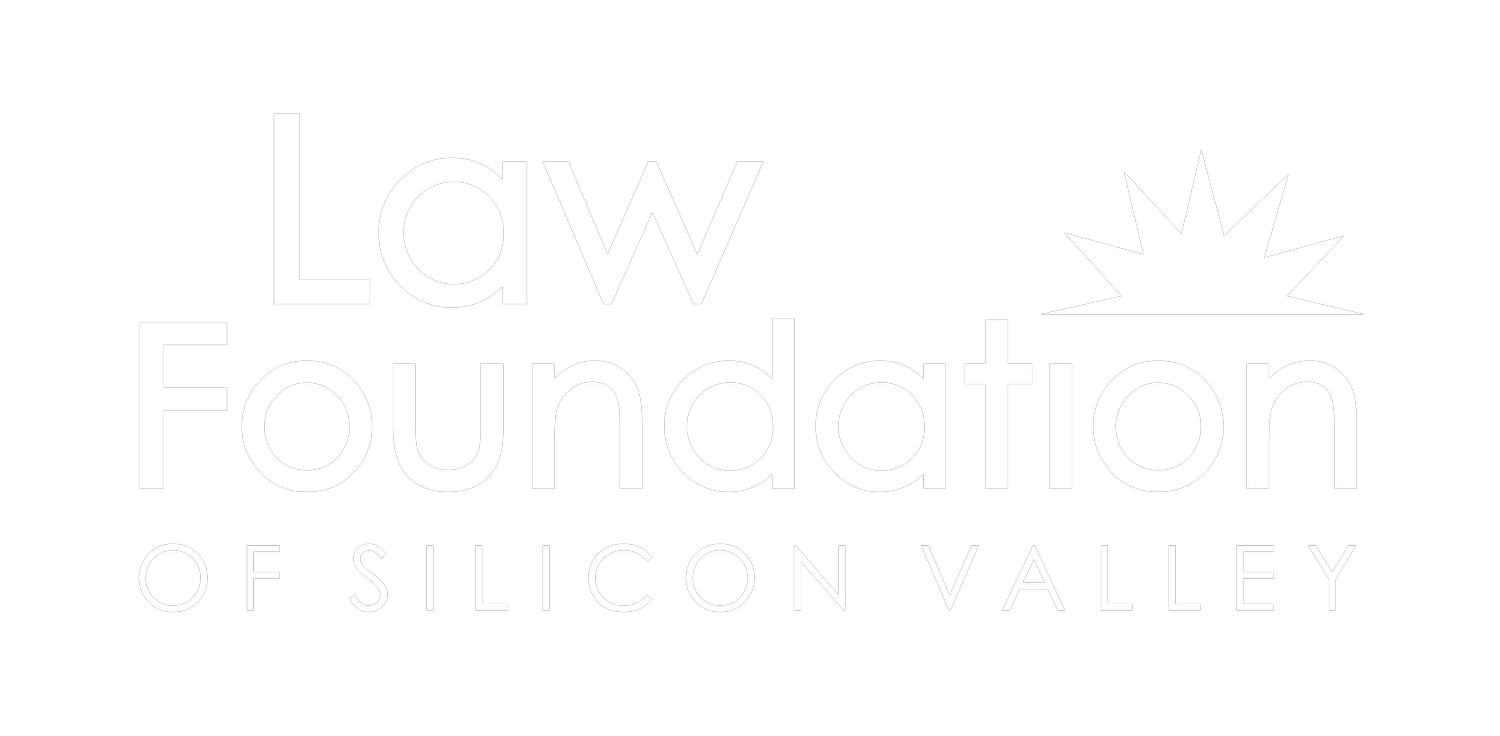Whether it's by reading, listening, or watching, there are many ways to stay informed and engaged with the issues that shape our society. Each week in December, we will be sharing our "Favorites of 2018" with you about each of our focus areas - it's a gift from us to you, for everything you've done to support the Law Foundation this year. These favorites, from our board, attorneys, staff, and volunteers will include podcasts, books, articles, and documentaries, that contextualize the issues our clients and community are facing and highlight why our work is critical in creating a stronger Silicon Valley.
This holiday season, we're helping families facing eviction, displacement, and uninhabitable housing conditions so they too can enjoy the holidays in a safe and stable home. Learn more about the housing issues affecting our clients and community by checking out the list below.
Our hope is that this list is a starting point that sparks larger conversations with your friends, family, and colleagues, and that it inspires you to be more involved in our community (and with us!).
You can help us by making a gift to the Law Foundation today. All gifts are tax-deductible and greatly appreciated. We can't do our work without you. Thank you for your commitment to justice.
"The Color of Law" by Richard Rothstein
The history of residential segregation in the United States is long and disturbing, and the government, at all levels, has created and perpetuated this ongoing segregation that still defines our neighborhoods and communities. As Rothstein writes: "We have created a caste system in this country, with African-Americans kept exploited and geographically separate by racially explicit government policies. Although most of these policies are now off the books, they have never been remedied and their effects endure." Through a historical analysis, Rothstein makes a case for the United States and its government having a constitutional obligation to remedy segregation in housing. Read the New York Times Review.
Who Belongs? Podcast - Rent Control
This episode of a podcast by the Haas Institute for Fair and Inclusive Society at UC Berkeley examines aspects of the housing crisis - skyrocketing rent prices, stagnant wages, housing shortages - and how they connect to homelessness and increased social costs, such as sense of belonging, sense of community and social support, children's academic performance, physical and mental health, environmental health, and air quality. Listen here.
"Struggle for Black and Latino Mortgage Applicants Suggests Modern-Day Redlining" - PBS
Discrimination based on race has been illegal for 50 years since the passing of the Fair Housing Act. Yet problems like redlining (a discriminatory practice by which banks and insurance companies refuse or limit loans, mortgages, insurance, etc., within specific geographic areas, especially inner-city neighborhoods) persist - in 61 metro areas, people of color are more likely to be denied a conventional mortgage. Watch here.
RACE EQUITY SPOTLIGHT
As social justice lawyers and advocates, it is critical that we work to understand the complex challenges our clients experience every day. This includes working to understand structural racism and systemic inequalities that pervade through policies, practices, and cultural messages. At the Law Foundation, we challenge these systems and assist clients in navigating them daily. With the adoption of a strategic Race Equity Initiative, we examine these systems with a more critical eye to better meet the needs of our clients and the communities we serve.
"Seeing White" by Scene on Radio
This podcast takes a critical look at American social and government systems and structures, focusing on the way that whiteness is assumed to be the norm and therefore positioned to benefit. The historical context of the creation of whiteness is critical to understanding how our systems embody and perpetuate racism and discrimination. Listen here.
Keep an eye out for these weekly December emails (in the following weeks, we will focus on children & youth and health!) and make a commitment to be engaged by staying informed! Click here to subscribe to our newsletter!








